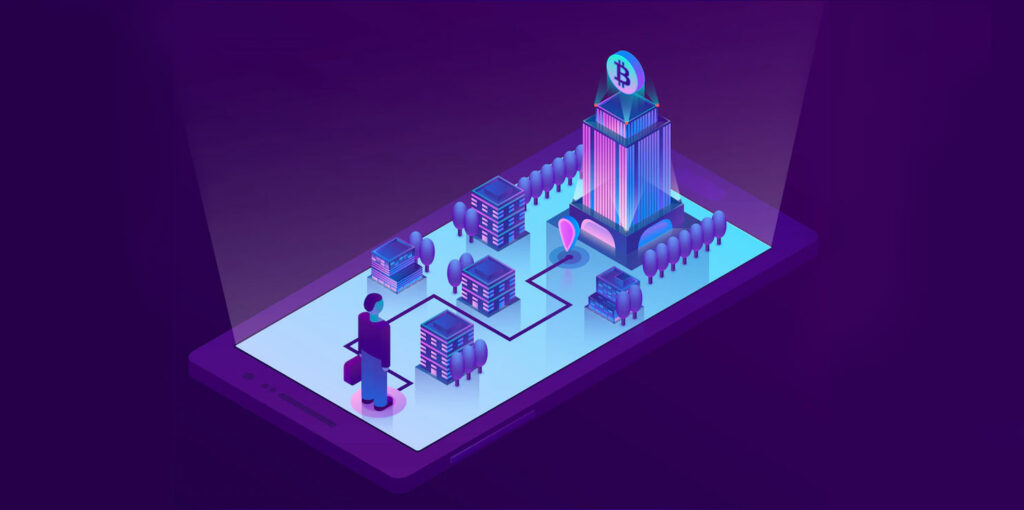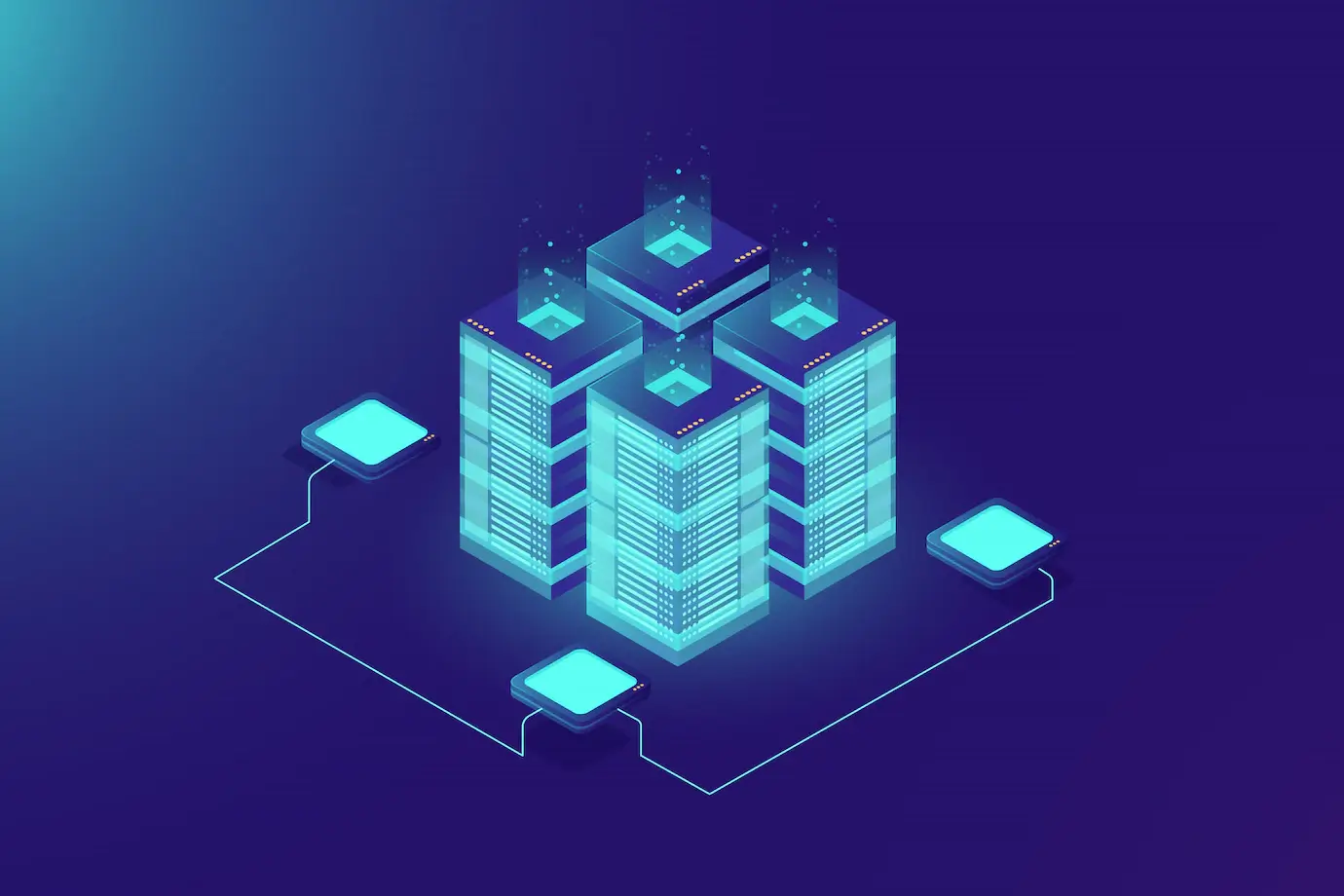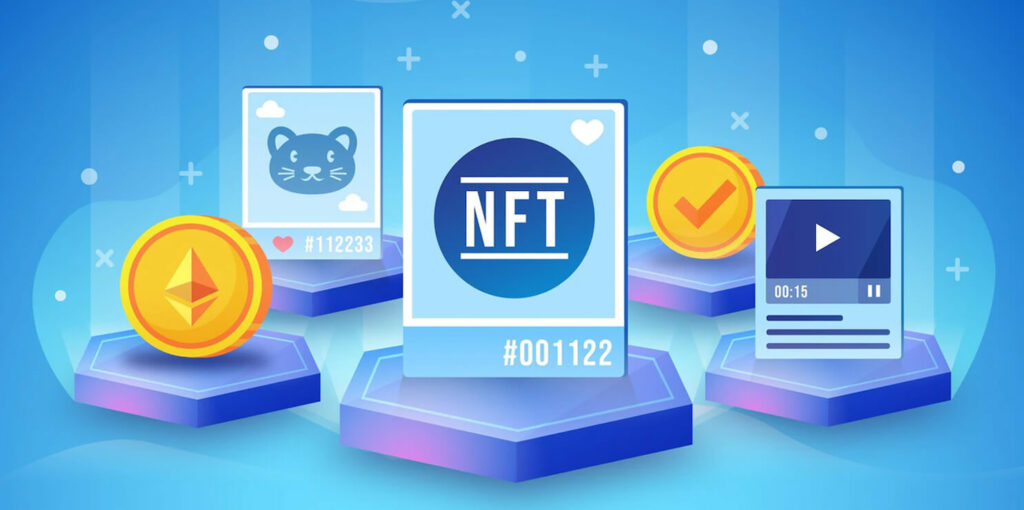As the world becomes more and more digitized, the real estate sector is starting to feel the heat. Real estate transactions are slow and expensive, often involving a lot of red tape. But all that is changing with the advent of NFTs and the tecnología blockchain. NFTs are ushering in a new era for the real estate industry, making it more efficient, transparent and secure. Here's how:
NFTs are tamper-proof and immutable. This means that all data associated with an NFT real estate transaction is secure and cannot be altered or deleted. This increases transparency and makes the entire process more efficient.
With NFTs, there is no need for intermediaries like banks or brokers. This reduces the costs of real estate transactions and makes the entire process more affordable.
NFTs also offer greater liquidity. This means that owners can sell their assets more easily and quickly, without having to go through the trouble of finding a buyer themselves.
Advantages of using NFTs in real estate transactions
NFTs, or non-fungible tokens, have gained a lot of attention lately in the cryptocurrency world. But what are they and how could they revolutionize the real estate sector?
NFTs are digital assets that are unique and cannot be replicated. This makes them ideal for use in transactions where ownership of an asset needs to be proven, such as real estate. Since NFTs are stored on a blockchain, they offer a high level of security and transparency. This could make real estate transactions more efficient and secure.
The use of NFTs in real estate transactions presents a number of advantages.
First of all, no intermediaries like banks or brokers are needed. This reduces the costs of real estate transactions and makes the entire process more affordable.
Second, NFTs offer a higher degree of security and transparency than traditional transaction methods. This could lead to fewer instances of fraud or transaction errors. real estate. Lastly, NFTs have the potential to speed up the entire property buying or selling process.
The use of NFTs in real estate is still in its early stages, but it has the potential to revolutionize the industry. For buyers and sellers looking for a more efficient and affordable way to transact, NFTs could be the answer.
What is Real Estate tokenization?
Tokenization is the digitization of assets. Real estate tokenization is the act of converting the rights to a physical property into a digital token. This digital asset can be bought, sold or traded on the blockchain without the need for an intermediary.
Real estate tokenization opens up new opportunities in the real estate sector, and it is estimated that there are more than two million professionals in the sector in the United States and the world. With blockchain technology, real estate tokens can be securely stored and transferred quickly and easily. This could revolutionize the way property is bought and sold, and could make investing in real estate easier.
Tokenization could also help reduce fraud in the real estate sector, as well as other sectors that rely on paper records.
On the other hand, tokenization allows, in turn, to divide or divide a property or investment asset into multiple tokens, thus allowing a large number of people to invest in real estate with a limited participation.
In conclusion, real estate tokenization is a process by which the rights to a physical property are converted into digital tokens that can be bought, sold, or traded on the blockchain. This could revolutionize the way property is bought and sold, making the process more efficient and affordable.
In addition, real estate tokenization could help reduce fraud in the sector. Although still in its early stages, real estate tokenization has great potential to change the way we interact with the world's most valuable asset class.




